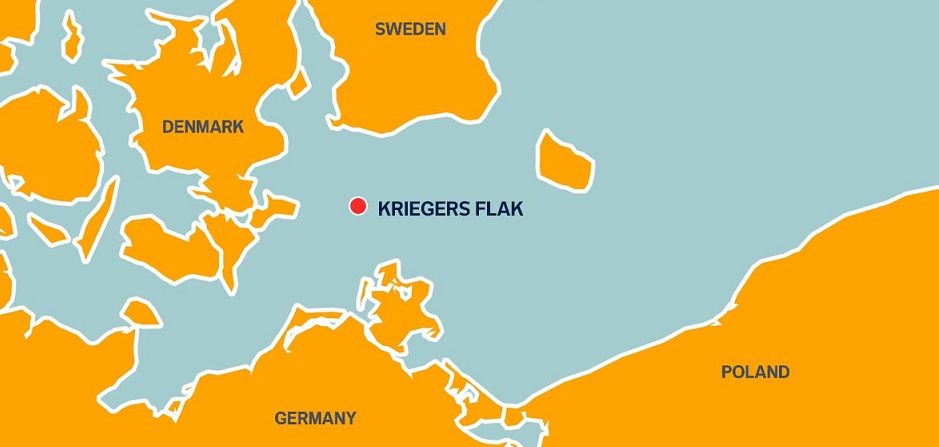Denmark’s largest ever offshore wind farm project using 600 MW turbines has been approved by the EU commissioner for competition, Margrethe Vestager.
“The Kriegers Flak offshore wind farm will help to cut carbon dioxide emissions, while the support is carefully designed to avoid distorting competition in electricity markets,” Vestager.
“I’m glad to be able to approve state support for this project.”
Kriegers Flak will be located in Danish waters in the Baltic Sea and will be able to supply 600,000 Danish households (23 percent) with renewable energy.
The EU will support the construction of the wind farm with 1.1 billion kroner, which should be used by 2021.
READ MORE: Denmark looking into building North Sea wind energy island
Vattenfall won the bid
Additionally, a new interconnector will be established between the Danish island of Zealand and Germany via Kriegers Flak and two German offshore wind farms, Baltic 1 and Baltic 2 – which will allow for an increased exchange of electricity between the two countries.
In 2016, the Swedish energy company Vattenfall won the tender to build the Danish wind farm.
Vattenfall saw off competition from six other developers and consortia with a bid of 37.2 øre per kWh.
The Energy Ministry estimates that Kriegers Flak will cost the state 3.5 billion kroner between 2019 and 2032.















